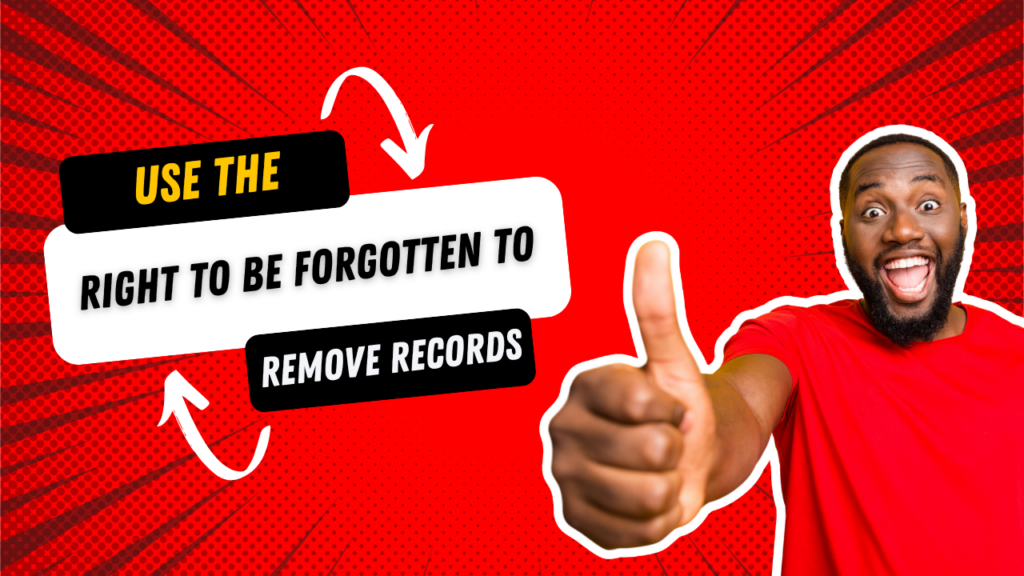Can You Use the Right to Be Forgotten to Remove Court Records?
In some countries, yes.
The right to be forgotten is a powerful legal tool that can help you remove outdated, irrelevant, or harmful court records from Google. But it only works if you meet certain criteria—and only in specific regions.
Here’s how it works, who qualifies, and how to use it to your advantage.
Dig Deeper: How to Remove Court Records from Google Search
What Is the Right to Be Forgotten?
The right to be forgotten allows individuals to request that search engines like Google remove links to information that is:
- Outdated or no longer relevant
- Not in the public interest
- Causing disproportionate harm to your privacy or reputation
It applies primarily in the European Union, United Kingdom, and a few other jurisdictions that follow similar data privacy laws.
In the US, this right does not exist—but there are alternative strategies (like deindexing or suppression).

When Can You Use It to Remove Court Records?
You may be eligible if:
- The court case was dismissed or resolved long ago
- The record relates to minor or non-violent charges
- The information is no longer relevant to your current life or work
- The content is hurting your reputation, job prospects, or safety
Google reviews each case individually. If the court record is still newsworthy or tied to a public figure, they may deny the request.
How to File a Right to Be Forgotten Request with Google
Step 1: Fill Out Google’s RTBF Form
Go to the official Google EU Privacy Removal Form
You’ll need to provide:
- Your full name
- The URLs you want removed
- A brief explanation of why the content is no longer relevant or fair
- A copy of your ID to verify identity
Step 2: Focus on Relevance and Harm
Keep your message clear and concise. Explain:
- What the court case was about
- Why it’s outdated
- How it’s affecting your life now (professionally or personally)
Don’t argue guilt or innocence—focus on relevance, not justice.
Step 3: Wait for Google’s Decision
Most requests take a few weeks.
If approved, Google will remove the links only in the EU or UK versions of its search engine (not .com or other regions).
You’ll get a confirmation email once they’ve reviewed the case.
What Happens After a Successful RTBF Request?
The content itself stays online—it’s not deleted from the internet.
But the links to it will no longer appear when people Google your name from within that country. This reduces visibility and significantly softens the impact.
If you want to take it further, suppression or hosting removal may still be needed.
What If Google Denies the Request?
You can:
- File a complaint with the relevant data protection authority (like the UK’s ICO or Ireland’s DPC)
- Submit additional documentation to support your case
- Explore legal or SEO-based suppression alternatives
In borderline cases, professional support can make a major difference in how your case is positioned.
Can You Use RTBF Outside the EU or UK?
No—not officially.
But Google does consider regional law when reviewing removal requests. For example, if a court order exists in your home country, you may be able to request removal under a different policy (like a legal removal or privacy complaint).
Final Thoughts: RTBF Is Powerful, But Limited
The right to be forgotten won’t erase court records everywhere—but it can make a big impact where it counts. If you’re eligible, it’s one of the most effective ways to remove harmful legal content from search.
Need Help Removing Court Records from Google?
At Reputation Galaxy, we help individuals and professionals remove or suppress court records using RTBF, legal tools, and advanced SEO strategies.
Private. Fast. No win, no fee.

